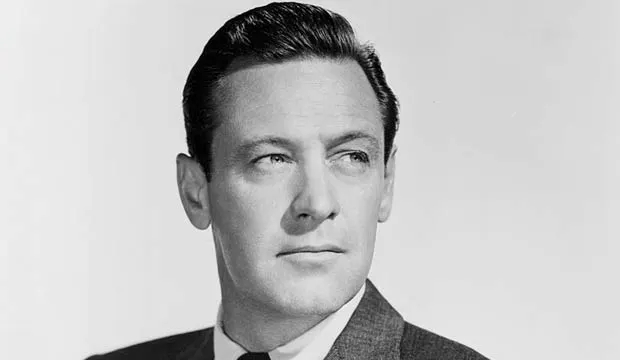1.1.8 Prepositions
Prepositions head phrases of a lower grammatical order than the clause’s main parts. So we consider them “subordinating” words. First, they introduce a new element into the sentence. Second, they place the new element into a relation with some other phrase, clause, or sentence. We do not alter their form as we do with verbs. Prepositions take two forms:
a) simple (sur, sous)
b) compound (à côte de)
(i) Introducing Indirect Objects
Prepositions may introduce indirect objects. In these cases, they form a prepositional phrase as part of a verb.
Ex,
Nous parlons souvent de Paul. (parler de qn)
Nous pensons souvent à vous (penser à qn)
(ii) Noun Phrases
Prepositions may also be a part of a noun phrase, and introduce the following syntactical forms.
1) another noun:
un bague en or
2) a pronoun
les besoins de chacun
3) a verb in the infinitive
une machine à laver
4) an adverb
la vaisselle d’hier
(iii) Adjectival Phrases
Prepositions may also be a part of an adjectival phrase. In these cases, they would introduce either:
1) a noun
couvert de neige
2) a pronoun
satisfait de rien
3) a verb in the infinitive
facile à faire
(iv) Sentences
Prepositions may also head a prepositional phrase that modifies sentences. In these cases it is an adverb phrase.
Ex,
J’ai posé les livres sur le bureau.
Je ne sais pas encore où je vais pour les vacances.










































No comments:
Post a Comment